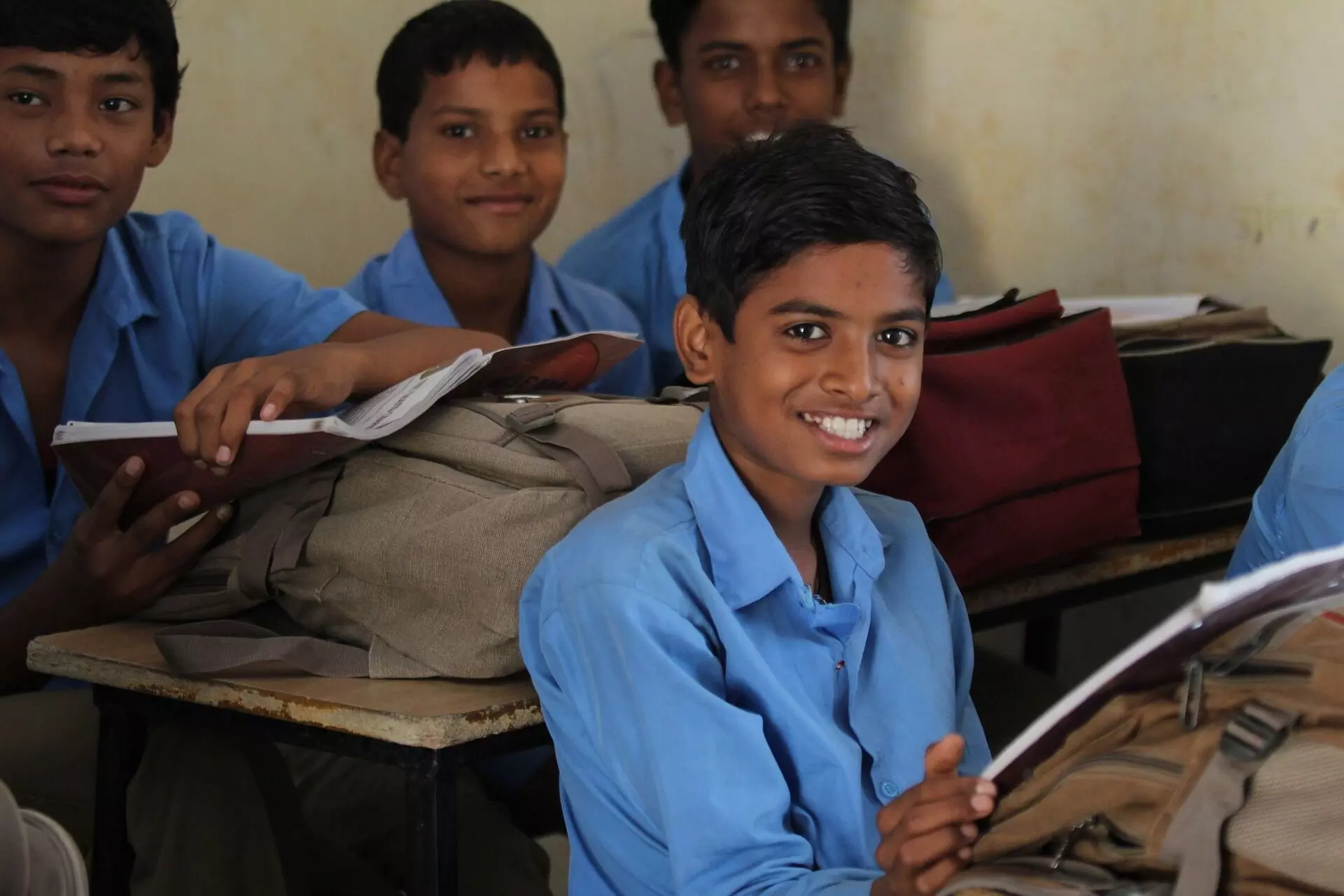Glaring inaction
There is a need to act towards granting statutory status and autonomy to the school education system to make it free from political interference

What matters in electoral democracy is vote. Governments care only about votes and the voters because they decide the fate of the politicians. As children are not voters why would politicians care about children? Since the voting age was reduced to 18 years, political parties and leaders have been approaching the secondary students i.e., children above the age of 14 years. The visionary politician Narendra Modi has also been talking to the secondary students through Pariksha Pe Charcha. The participants of the Pariksha Pe Charcha are voters of the next elections.
If we look at the debates and dialogues between the Congress and the British Government in India, the Congress often raised the issue of falling literacy rates in the country, resulting from the British education policy. Gandhi Ji, during his visit to London in 1931 to attend a round table conference, had spoken in the Chatham House on October 20, saying “the village schools were not good enough for the British administrators, so they came out with their programme. Every school must have so much paraphernalia, buildings, and so forth.” Gandhi had highlighted that the literacy rates fell because the schools were asked to develop a paraphernalia around them, which was not possible for village schools. Also, the language of instruction in schools was changed to English. Those who studied English could pursue higher education and get jobs while those who could not get English education failed to get jobs because education was linked to job, and non-English educated youth were considered no better than illiterates. It still is a valid question as to why after independence, the government under Pandit Nehru did not reverse the British education policy. Was it because children did not have voting rights? English has maintained its position of supremacy in society and rules the job market. When the UPA government passed the Right to Education Act in 2009, the paraphernalia of the schools became more elaborate and rigid. Many village schools as well as schools run by philanthropists had to be closed down because the RTE prescribed norms which individuals and institutions with meagre capital could not fulfil.
Reports of commissions and committees are filled with demand for more emphasis on boosting primary education but, after Independence, the first commission on education was University Education Commission, constituted under the chairmanship of S Radhakrishnan, to study the status of higher education. In conclusion, the commission had suggested that we cannot make a change in higher education until and unless we improve our school education system. The government set up the Secondary Education Commission under the chairmanship of Mudaliar. Secondary education was then of three years i.e., 9th to 11th classes. The pre-school and early-year schooling have never been a concern for the governments.
Those who were regulating pre-school and early childhood education had little understanding of school education and the reasons for its poor performance. The British government, in an effort to take control of the education system in India through the (in)famous Wood's Despatch of 1854, had said “we are of opinion that it is advisable to place the superintendence and direction of education upon a more systematic footing, and we have therefore determined to create an Educational Department, as a portion of the machinery of our Governments in the several Presidencies of India. We accordingly propose that an officer shall be appointed for each Presidency and Lieutenant-governorship, who shall be specially charged with the management of the business connected with education, and be immediately responsible to the Government for its conduct.” In his address at the Chatham House, Gandhi Ji referred to the close study of the Indian system which could have contributed in making India the richest nation but instead of augmenting they destroyed it. Gandhi had said “… the British administrators, when they came to India, instead of taking hold of things as they were, began to root them out. They scratched the soil and began to look at the root, and left the root like that, and the beautiful tree perished.”
The British Government took control of the Indian education system because they did not want the type of individuals the system was producing. They deliberately thwarted the system. It was known to the Congress and the government after 1947 that India had a robust system of education, which should not be controlled through government departments, but it did not reverse it. Every parent and every voter today should ask the question what has the government done for the seven crore poor children going to Anganwadis and similar ill-managed pre-schools. The secretary in the Department of School Education and Literacy under the Ministry of Education still controls school education.
The British government had given autonomy to higher education by creating the University Grants Commission which was given more powers and autonomy by converting it into a statutory body after the Radhakrishnan Commission recommended it. This makes it free of political interference (at least openly), but to date, no similar body has been created for school education. The point that needs to be noticed is that the government has no expertise in planning and managing education. It must be left to the professionals and experts. It needs to be debated in the public domain why governments across political lines don’t want to undo what the Wood’s Despatch had done.
We need to establish a statutory and autonomous school education commission independent of the government.
The writer is Professor of Education in IGNOU. Views expressed are personal




